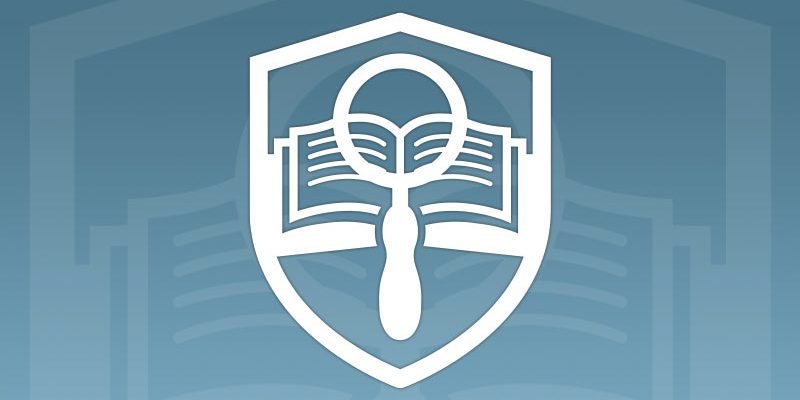Purpose of the Public Interest Disclosure (Whistleblower Protection) Act (the Act)
The purpose of the Act is to give employees in the public service a safe avenue to report wrongdoing that may be unlawful, dangerous or injurious to the public interest. The Act gives the Public Interest Commissioner the authority to investigate certain types of wrongdoing, specifically defined in the Act. These include alleged contraventions of law, acts or omissions causing danger to life, health and safety, and gross mismanagement.
Government of Alberta Proof of COVID-19 Vaccination Policy
The Government of Alberta declared a state of public health emergency on September 15, 2021, and issued new directives to combat the ongoing impact of the COVID-19 pandemic. This included the Proof of COVID-19 Vaccination Policy for the Alberta Public Service (the Policy). The Policy applies to employees under the Public Service Act.
Under the Policy, all public service employees must provide proof of full vaccination by November 30, 2021. Alternatively, employees may produce, at their own expense, a negative molecular PCR (polymerase chain reaction) or a Health Canada approved rapid antigen or rapid PCR test result, within 72 hours prior to every scheduled workday/shift. Employees who believe they are unable to be vaccinated on the basis of any ground protected by the Alberta Human Rights Act, may apply for an exemption. For as long as the Policy remains in effect, an employee who fails to comply may be placed on an unpaid leave of absence until they choose to comply.
The Policy does not apply to fee for service contractors, visitors to worksites, external service providers, or the public.
The applicability of the Public Interest Disclosure (Whistleblower Protection) Act to government policy
The government has the right to implement policy within the public service to the extent it complies with law and the collective agreements it has with unionized employees. Similarly, the government has the right to enforce non-compliance of its policies. The Act does not require the Commissioner to investigate policy decisions of government, unless the policy is unlawful, or it creates a danger to life, health and safety of individuals.
Opponents of the Policy have challenged its legality asserting a violation of employee rights and freedoms guaranteed under the Charter of Rights and Freedoms. Allegations by individuals whose rights or freedoms, as guaranteed by the Charter, have been infringed or denied are more appropriately addressed by a court of competent jurisdiction as outlined in section 24 of the Constitution Act, 1982. To date, a court has not ruled on a case regarding the lawfulness of the Policy.
Employee concerns about the application of the Policy to their individual circumstance are more appropriately addressed through procedures under a collective agreement or employment agreement. Employees concerned about how the Policy applies to the Alberta Human Rights Act, may obtain information on COVID-19 and Human Rights from the Alberta Human Rights Commission. Further, employees concerned about their privacy and sharing of personal health information as part of the Policy, may obtain information from the Office of the Information and Privacy Commissioner of Alberta (oipc.ab.ca).
When making policy decisions, it is the responsibility of government to determine what is in the best interest of the public and its employees. Opposing views on the Policy are understandable, however, the Commissioner cannot address allegations based on opinion or personal beliefs.
Where the Whistleblower Protection Act does apply
As it relates to the COVID-19 pandemic and the Policy, the Act applies where a public service employee or a public sector organization has contravened the Public Health Act, or has not complied with an order of the Chief Medical Officer of Health made under the Public Health Act. Further, public sector organizations who fail to comply with public health directives or fail to take measures to protect employees and the public from the spread of COVID-19, may be viewed as creating a danger to the life, health and safety of individuals.
Non-compliance with a policy is not considered a wrongdoing under the Act. Therefore, allegations of non-compliance by individuals with the Proof of COVID-19 Vaccination Policy for the Alberta Public Service would not be investigated by the Public Interest Commissioner. However, employees who provide falsified proof of vaccination records may be found to be committing wrongdoing under the Act. Falsifying a government record is unlawful.
The Public Interest Commissioner’s office will review and assess all complaints received by her office and will make a determination as to whether the Act applies, and whether an investigation is required. Employees who submit complaints are protected by the Act. No adverse employment action may be taken against an employee for the reason that they submitted a whistleblower complaint. However, the Act does not restrict an employer from taking adverse action against an employee for failing to comply with its policies.
Advice from the Public Interest Commissioner’s office is confidential unless disclosure is required by law or to comply with procedural fairness and natural justice. Employees who have questions about the applicability of the Act to the government’s Policy, or whistleblower protection in general, are encouraged to contact the Commissioner’s office for information and advice.


